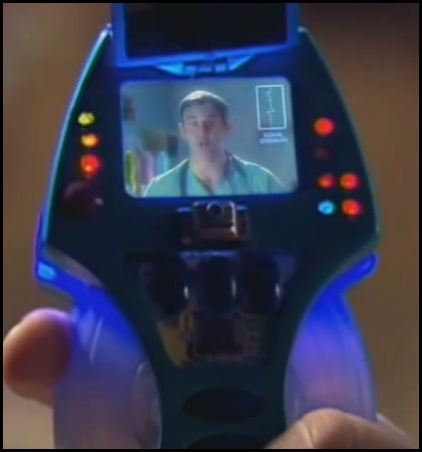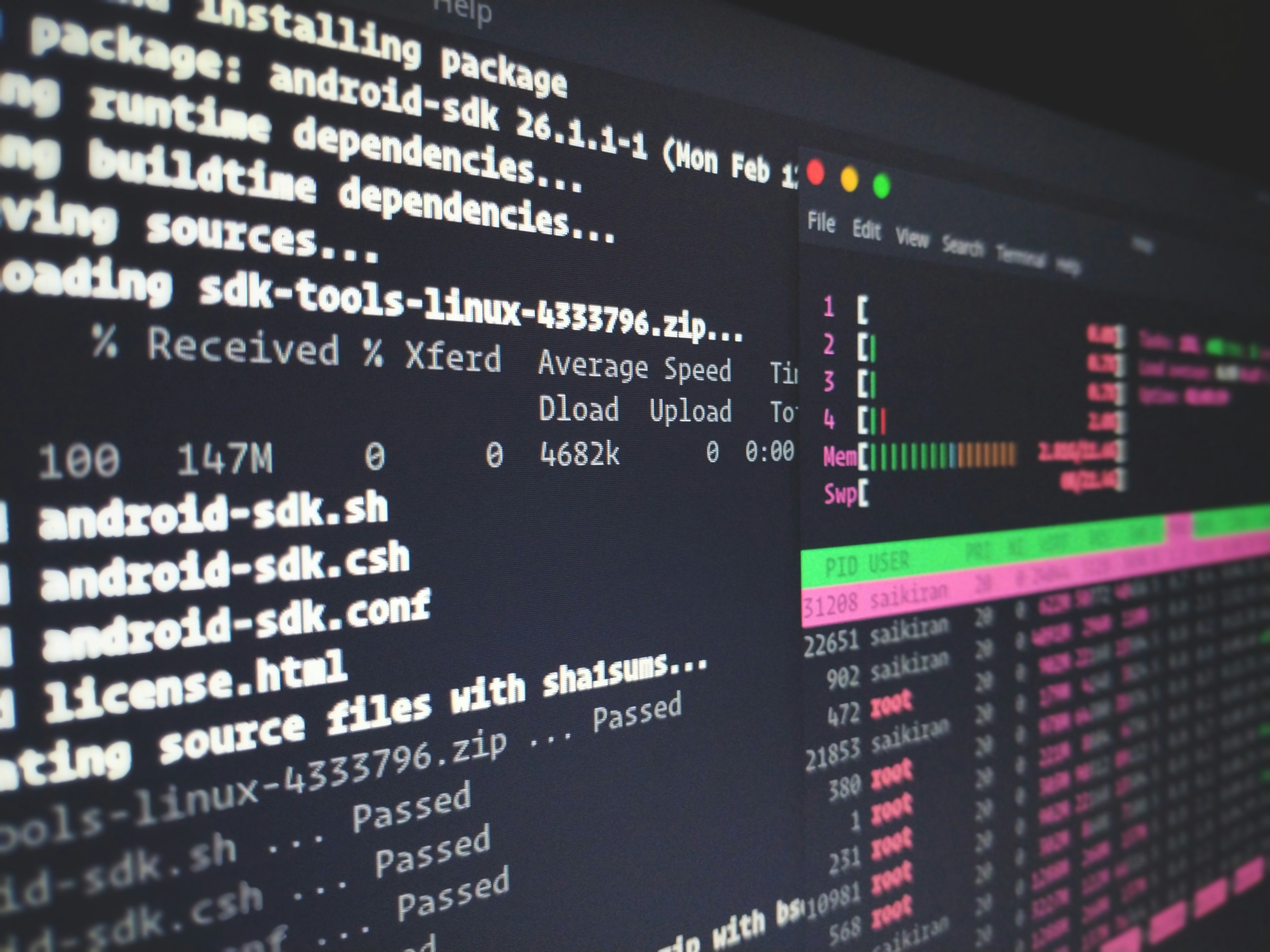Why I Got Into Programming

Despite my constant drift to different technologies, operating systems and languages (which, to be fair is rather natural with the given task, ever-changing preferences, etc), I’ve found the motivation and drive behind has never changed. So I decided to write about it. I’ll warn now, this isn’t written in an anthology way and simply is a cluster of thoughts which relate to each other’s context.
Let’s get the obvious (in my mind at least) out of the way first.
Future Opportunities
I was incredibly confident that a career choice in software development and computing would not go to waste. It was a complete 180 compared to my original career goals, which was social work and psychology. But, we’ll get more into that later in the article.
Here’s my logic for the 180 change to a computer-based career:
- My father was a software developer on Bay St.
- I’ve probably broken my family computer at least a dozen times per year since 2005.
- By breaking that computer, I also learned how to repair and improve it…
- I eventually installed every operating system under the sun, including MacOS Leopard / Hackingtosh, Ubuntu 4.04, and even Open Suse.
By the last point, I had developed quite a basic understanding of computers, scripting, the terminal, and also logic. So, when looking at the current day (2013-2014 era), I saw the advantage of jumping on the evolution bandwagon at the right time. I saw mobile applications, cloud computing and open-source becoming a staple in the background forces which truly defined our 2010s, and also a career of budding opportunity. With my computer experience, it only made sense to follow in my dad’s footsteps and pursue the world of software development… plus I liked tinkering, and was drawn to the shiny specks of bits and nerdiness which put me into a different table in the high school cafeteria.
Introducing, the Smartphone!

I watched Phil of the Future, Kim Possible, and a whole bunch of shows which I’d argue easily outclass the current programming for kids, and many of these shows had a technological component that the main characters would interact with, a pocket computer / smart communicator. Since seeing those used in such fantastical (and 99% sci-fi worth) ways, I saw the future. Or, I should say, I defined them in my youthfulness as the future. It was amazing. This concept was not limited to cartoons and kid shows either, you could find dozens of examples of such devices and concepts in popular culture, science fiction, and Star Trek.
I was too young to appreciate the iPhone launch itself, and spent the next year discovering who the “rich families” were in my school as generation one iPhone’s started to become known in the small high school hallways; gleaming and looking utterly premium compared to the Blackberry and starter flip phones which still utilized T-9 texting. When the “App Store” was released, that’s when Apple (and Google’s answer: Android) drew my attention. The years which followed would showcase exactly how these smartphone platforms changed everyday living; providing access to boundless amounts of information, content, and ourselves -in consequence. The world would never be the same since.
Discovering The World of Open Source
For most of my life, I’ve had an on/off hobby revolving around music. Whether it was playing, learning how to mix, attempting to produce Deadmau5 style music (poorly). Yet, a constant issue I saw was the bar-to-entry, for a 10 year-old, Pro Tools and the similar other Digital Audio Workstations cost quite a bit of cash. Once pirating (as one does) led to a worm of viruses and lack of working product, I had discovered the world of Open Source Audio. it wasn’t anything fantastical even then, but it was free and allowed me to tinker. Turns out, the later would drive me to throw Linux aon 90% of my various machines and becoming the “you should consider Linux” guy whenever someone had an issue with their computer. Tip, never become that person unless you want to be on permanent support!
Even as the music interests came and went, my interests in Linux, Open Source software and the concept of tailoring your desktop to exactly your requirements never faded. Instead, I dove deeper. The culture and philosophy behind Open Source made complete sense in my mind, and though it was evident that many of the standard GUI software lacked some of the polish of their proprietary, product-based brethren, it was clear that I was better off with my Wobbly Windows and Compiz Desktop Cube. More-so, though I knew I couldn’t do much to push the envelope at the time, I saw how open source powered many of the technologies then, and were already paving the road for what was to come next. The adoption, rapid iteration and constant improvements on all FOSS fronts showed that Open Source truly lived in everyone’s lives -whether they were aware or not was a separate discussion. The entire Android stack is Open Source (AOSP)!
I could go on for days about this, so let’s just move on.
Reach As Many People As You Can
If you’ve made it this far into the article, thank you. It means that you’ve collected the various quest items and are here to slay the digital dragon. This last part is the most important, and also the direct goal which has driven the past decade’s worth of decisions that I’ve made.
In some twisted portion of my upbringing, I grew a sense of empathy which resulted in me always wanting to help people. Odd, in this day and age for such a thing, I know. It was that motive which led my career choosing originally to social work and the study of the mind, hoping that I could be one of those people that everyone went to in times of hardship and despair, the one who helped you out of the dark tunnel or perhaps even reminded you to breathe where you thought impossible; I wanted to help the broken and lost.
The final choice to pursue computer programming instead is a different story, but I knew (even after battling pressures and guilt) it was a good choice. Just because my field had changed, didn’t mean the goal had to. See, I saw this as a way to access and reach even further. Through computers, FOSS, and even mobile technologies (including web), my drive was to contribute back to the world in the form of code which would enable better reach and connection, information sharing, and experiences. Writing code that will reach as many people as possible, and in-turn enable them has always been the goal. Every chance that I get to do so is a small victory, and a step towards supporting more through technology.



